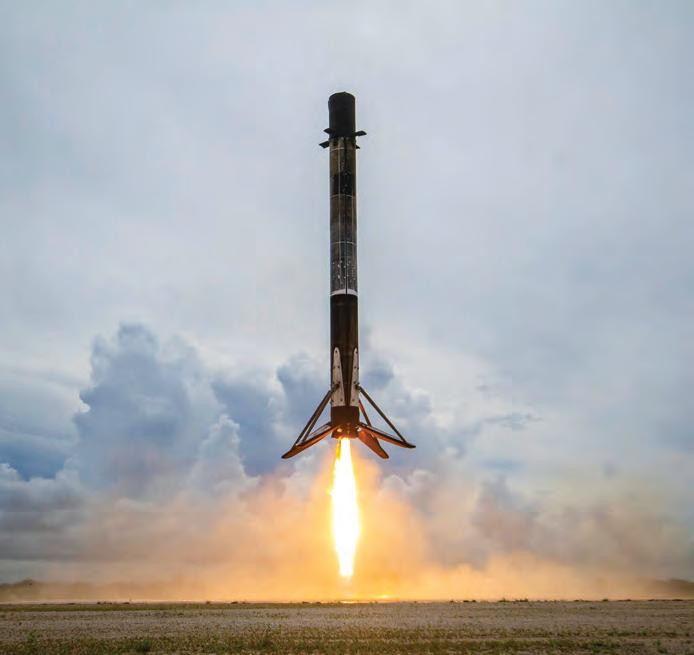
8 minute read
News
Investment in space companies reaches a new annual record
Private investment in space companies reached $3,9 billion in the third quarter of 2021, according to a report by New-York based firm Space Capital. That propels this year to a new annual record of $10,3 billion, exceeding the record of $9,8 billion set in 2020. The quarterly Space Capital report divides investment in the industry into three technology categories: infrastructure, distribution, and application. Infrastructure includes what commonly would be considered as space companies, such as firms that build rockets and satellites. Space companies closing SPAC (special purpose acquisition company) mergers and going public made up a significant portion of the capital raised in the third quarter — with moves completed by Rocket Lab, Spire Global, BlackSky, Momentus, and Redwire. The two largest deals in the quarter were by ORBCOMM, which was taken private for $1,1 billion, and satellite broadband company OneWeb, which raised $550 million.
Advertisement
Bitcoin tops $60,000, as investors eye first US ETFs
Bitcoin topped $60,000 for the first time in six months on October 15, nearing its all-time high, as hopes grew that US regulators would allow a futures-based exchange-traded fund (ETF), a move likely to open the path to wider investment in digital assets. Cryptocurrency investors have been waiting for approval of the first US ETF for bitcoin, with bets on such a move fuelling its recent rally. The world’s biggest cryptocurrency rose to $61,869.05, its highest since mid-April, and was last up 6,9 percent at $61,346. It has risen by more than half since September 20 and is closing in on its record high of $64,895 hit in April. The US Securities and Exchange Commission (SEC) is set to allow the first American bitcoin futures ETF to begin trading next week. Such a move would open a new path for investors to gain exposure to the emerging asset, according to traders and analysts.

Virgin Galactic stock falls after commercial spaceflights are delayed
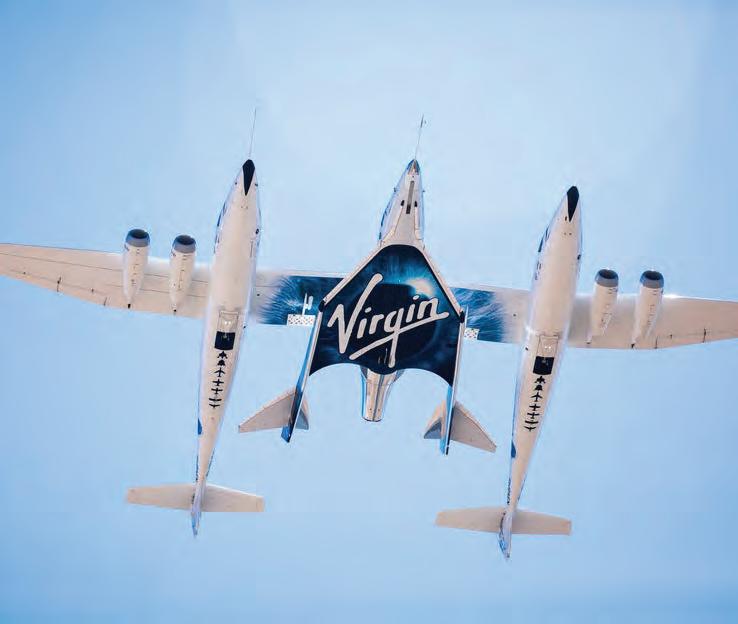
Virgin Galactic has pushed back the start of full commercial service to the fourth quarter of next year, sending shares in the space tourism company founded by billionaire Richard Branson down sharply. The stock dropped 14 percent in early trading on October 15 after Virgin Galactic said it was making schedule changes that would delay a crucial test flight and the start of commercial services, which had been expected to commence late in the third quarter of 2022. Virgin Galactic said it would focus on an “enhancement program“ to improve the performance of its rocket-powered plane VSS Unity and the mother ship from which it launches. It will also carry out physical inspections after a lab test “flagged a possible reduction in the strength margins of certain materials.“ More than 600 people — who purchased tickets for between $200,000 and $250,000 when Virgin Galactic sold its first batch of tickets nearly a decade ago — are already on the waiting list for a flight.
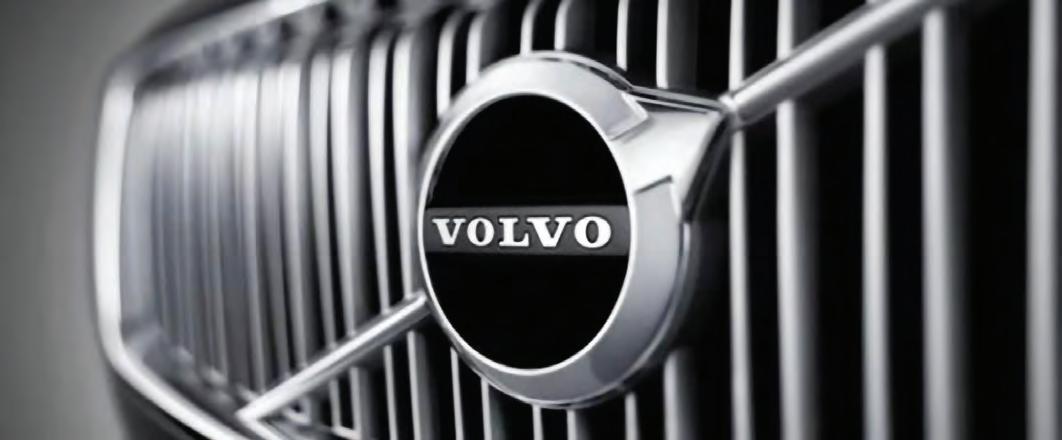
Volvo to recall 460,769 cars worldwide over airbag rupture fatality
Volvo Cars is recalling 460,769 older model cars worldwide due to faulty airbags that could be deadly in the event of a crash. The problem occurs when the airbag is activated because of a crash. Fragments of the inflator inside the airbag may, in certain cases, project out and in the worst-case strike an occupant, potentially resulting in serious injury or death, the company told US safety regulators. Geely-owned Volvo, which recently confirmed plans to go public, is aware of one rupture incident that resulted in a fatality due to the problem, according to documents filed with the National Highway Traffic Safety Administration. The vehicles impacted are older-model Volvos. They include the 2001-2006 S80 and 2001-2009 S60. The vehicles were produced between May 2000 and March 2009. More than half of the vehicles — 259,383 — were sold in the US.
Microsoft shutting down LinkedIn in China
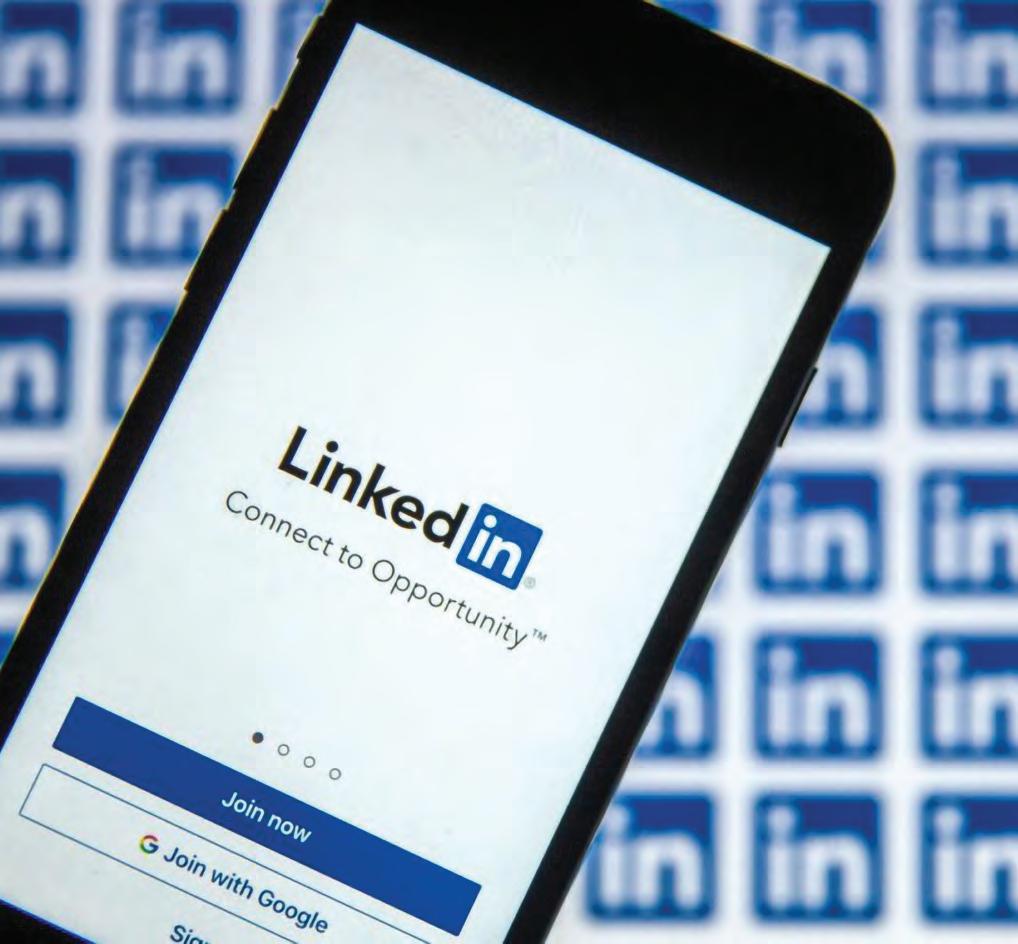
Microsoft is shutting down its social network, LinkedIn, in China, saying having to comply with the Chinese state has become increasingly challenging. This announcement comes after the career-networking site faced questions for blocking the profiles of some journalists. LinkedIn will launch a jobs-only version of the site, called InJobs, later this year, but this will not include a social feed or the ability to share or post articles. LinkedIn senior vice-president Mohak Shroff noted that “We’re facing a significantly more challenging operating environment and greater compliance requirements in China.“ And the firm said in a statement: “While we are going to sunset the localized version of LinkedIn in China later this year, we will continue to have a strong presence in China to drive our new strategy and are excited to launch the new InJobs app later this year.“ LinkedIn had been the only major Western social-media platform operating in China.
Honda to launch new EV brand in China next year
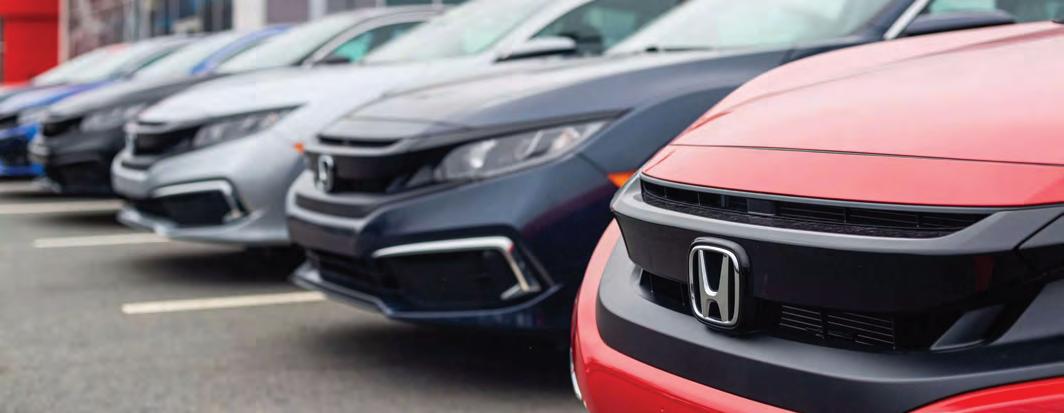
Japan’s Honda Motor announced some news: it will launch a new electric vehicle brand in China next year, and will only launch battery-electric, hydrogen fuel-cell, or petrol-electric hybrid vehicles from 2030. Known for its fuel-efficient internal combustion engines, Honda sold over 1,6 million vehicles in China last year. The new brand will be called “e: N Series” and it plans to roll out 10 models with partners GAC and Dongfeng Motor over the next five years, Honda said. Its two joint ventures, GAC-Honda and Dongfeng-Honda, plan to build new EV-only assembly plants that are expected to begin production in 2024. The planned new models will use a new vehicle operating system and are being developed based on an auto product platform designed for electric vehicles. China’s sales for electric, plug-in hybrid, and hydrogen fuel-cell vehicles are expected to reach three million this year, according to the China Association of Automobile Manufacturers.
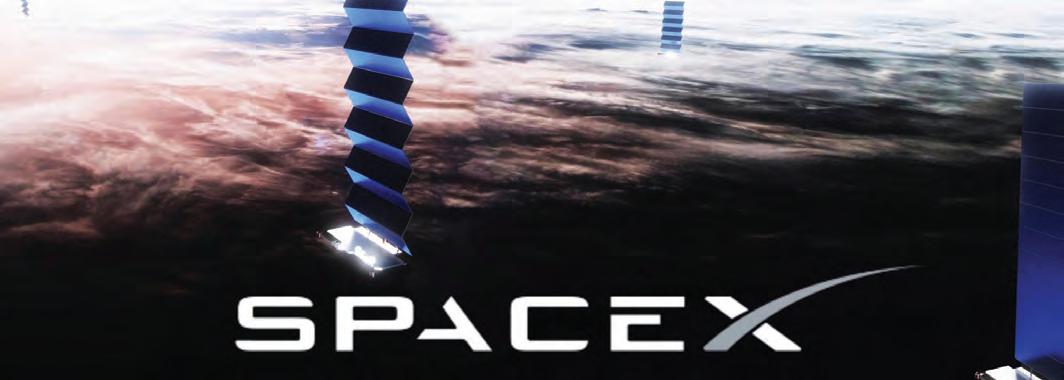
Elon Musk says Starlink will provide faster internet speeds on airlines
Elon Musk touted SpaceX’s plan to use Starlink for in-flight Wi-Fi, emphasizing that his company is in discussions with airlines to add the high-speed satellite internet service. “Please let them know if you want it on your airliner,” Musk wrote in a tweet, adding that Starlink could add “low latency ~half gigabit connectivity in the air!” Starlink is the company’s plan to build an interconnected internet network with thousands of satellites, known in the space industry as a constellation, designed to deliver high-speed internet to consumers anywhere on the planet. SpaceX has launched 1,740 Starlink satellites to date, and the network has more than 100,000 users in 14 countries who are participating in public beta, with service priced at $99 a month. SpaceX Vice President Jonathan Hofeller earlier this year said that the company is “in talks with several” airlines about adding Starlink in-flight Wi-Fi, noting that it has an “aviation product in development.”

French President Emmanuel Macron unveiled a €30 billion plan to create the “high tech champions of the future“. Dubbed “France 2030,“ the aim is to invest the funds over five years in sectors such as robotics, semiconductors, electric cars, and nuclear and renewable energy sources. “I want us to look ahead and see our weaknesses and strengths. We need the country to produce more,“ Macron said. The main focus will be on “decarbonizing“ French industry, building small reactors, and becoming leaders in green hydrogen, he added. The plan will include €8 billion being spent on renewables, nuclear and hydrogen. But €4 billion will be spent on transport and mobility, with a target to produce 2 million electric and hybrid vehicles and the first low emission aircraft. Meanwhile, €6 billion will be put towards robotics, €1,5 billion will be allocated for projects such as virtual reality, while another €1,5 billion will be earmarked for food and agriculture. A further €5 billion will be ring-fenced for industrial startups and €2 billion will be for training for sectors that are booming.

Jeff Bezos’ Blue Origin successfully launches crew with William Shatner to space and back
Jeff Bezos’ Blue Origin launched its New Shepard rocket for the fifth time this year on October 13, and with Canadian actor, William Shatner joining the company’s second crewed spaceflight to date. Called NS-18, this New Shepard mission carried a crew of four: Shatner, Blue Origin VP of mission and flight operations Audrey Powers, Planet Labs co-founder Chris Boshuizen and Medidata co-founder Glen de Vries. Shatner, who famously played Capt. Kirk in the original “Star Trek” television series, is now the oldest person to fly into space, at 90. The record was previously held by aerospace pioneer Wally Funk, who at 82 flew on Blue Origin’s first crewed launch in July. The rocket launched from Blue Origin’s private facility in West Texas, reaching above 100 kilometers (or more than 340,000 feet altitude) before returning to Earth safely a few minutes later. From start to finish, the launch lasted about 11 minutes. The crew experienced about three minutes of weightlessness.
European stocks mark the best week in seven months
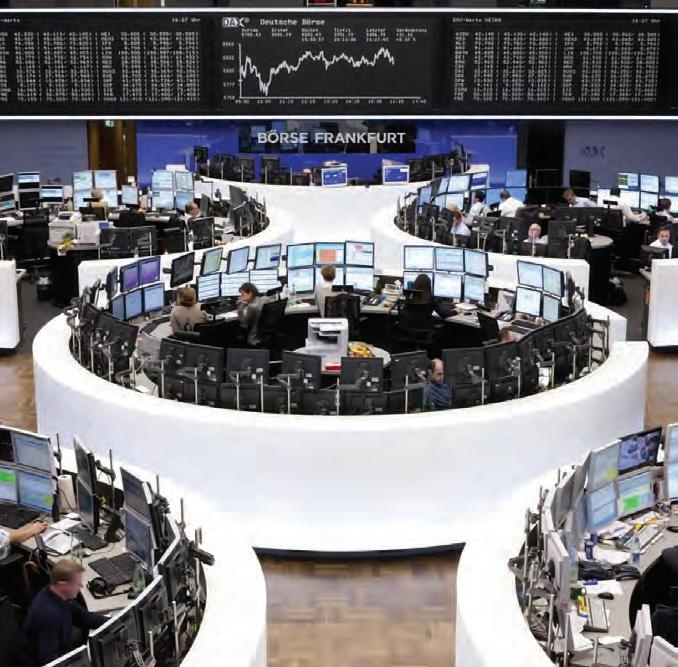
European stocks were headed for their best weekly performance in seven months on October 15. The pan-European STOXX 600 index rose 0,7 percent to close at a one-month high, ending the week with a 2,6 percent gain after a sharp rebound in risk appetite in the past two sessions. Banks were the top gainers in Europe after forecast-beating quarterly results from four of Wall Street’s biggest lenders on Thursday, October 14. “A renewed focus on the bottom-up news has helped global equities over the last couple of sessions, and results from the US banking sector delivered another significant boost to indices overnight,“ said Ian Williams, an analyst at a specialist UK Investment Bank Peel Hunt. European earnings kick into high gear in the next few weeks, with analysts expecting a near 47 percent jump in third-quarter profit for companies listed on STOXX 600, as per Refinitiv IBES data. Energy and industrial companies are forecast to provide the biggest boost to earnings performance.










